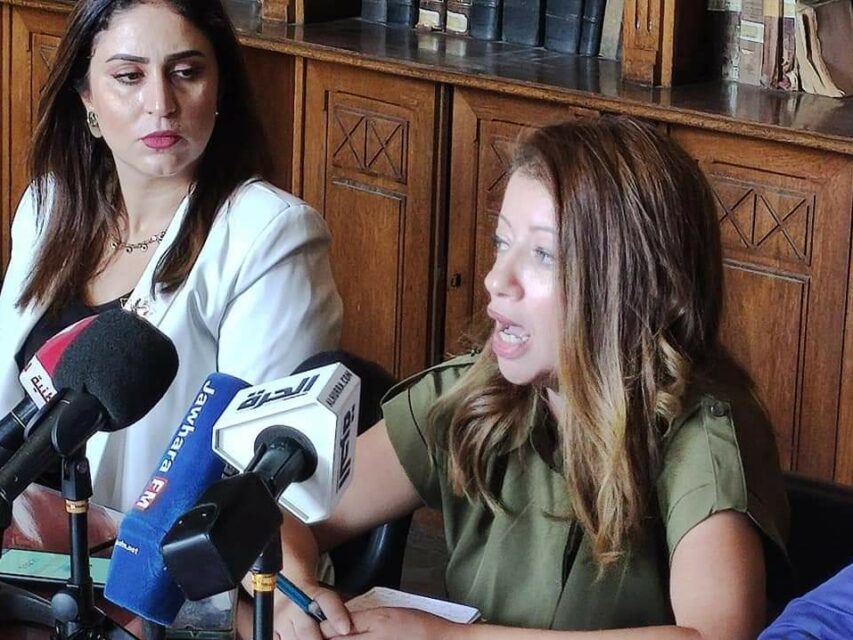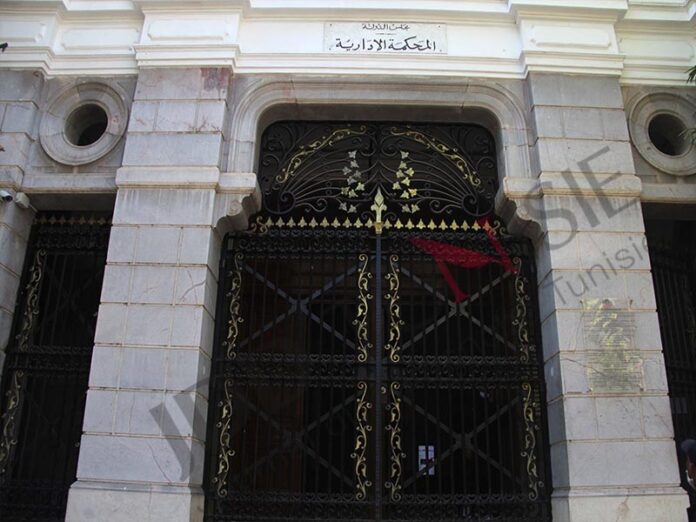After the “campaign of President of the Republic Kais Saïed against corruption”, deputies, lawyers and judges were subjected to house arrest measures and travel bans.
It should be mentioned that, to break this measure deemed unconstitutional or even “arbitrary”, the people concerned have lodged appeals with the Administrative Court, which is still slow to process cases and deliver verdicts.
Pressure on the administrative tribunal was criticized during this period.
With the increase in the number of complaints filed with this tribunal, some judges are talking about attempts to prevent the Tunisian administrative justice from doing its job.
To have more details, “JDD Tunisie” contacted the spokesman of the Administrative Tribunal Imed Ghabri indicates, who explained that “there are about ten appeals against the summons to house arrest and another ten appeals against the travel bans filed with the Tribunal . We cannot really speak of a delay in the processing of appeals since the first appeal filed took place on August 11, 2021. He explained that we are not working on a simple request but rather on a file and each file. has a specific duration since it is examined on a case-by-case basis. Add to this, there are investigative measures and evidence that must be considered and that must be obtained from the Home Office. however, the services of the ministry do not cooperate with the Tribunal which has data relating to these measures ”. He added: “We are talking about letter-writing and written procedures, but due to the blockade of the Home Office administration, we have not yet finalized the letter-writing procedures. “

Recall that, during a press conference held on September 10, 2021 by a group of Tunisian magistrates, Judge Refka Mbarki, president of the Union of Administrative Judges, indicated that there was pressure exerted on the presidency of the Administrative tribunal which deals with the examination of appeals against assignments under house arrest taken against a certain number of personalities, by virtue of the decree of January 1978 relating to the state of emergency.

According to this decree, “the Minister of the Interior can pronounce the house arrest in a constituency
territory or a specific locality, of any person residing in one of the areas provided for in Article 2 whose activity is dangerous for the security and public order of said areas. The administrative authority must take all measures to ensure the subsistence of these people as well as that of their families “(Article 5).
For more details, we also contacted the president of the Tunisian League for the Defense of Human Rights Jamel Msallem who explained to us that the league receives several complaints and mainly those related to house arrest and travel bans.

Recall that, the head of the Ministry of the Interior, Ridha Gharsalaoui, issued decisions of house arrest against 50 senior state officials, including the former Minister of Communications Anouar Maarouf, deputies , including the frozen deputy Zouhair Makhlouf. These decisions also concern businessmen and judges, including the former public prosecutor, Bechir Akrmi, and the first president of the Court of Cassation, Tayeb Rached, in addition to advisers to heads of government, Youssef Chahed, Elyes Fakhfakh and Hichem Mechichi, who are Moufdi Mssedi, Lotfi ben Sassi, Belhassan Ben Omar or even Chhawki Tabib, the former head of INLUUC.











